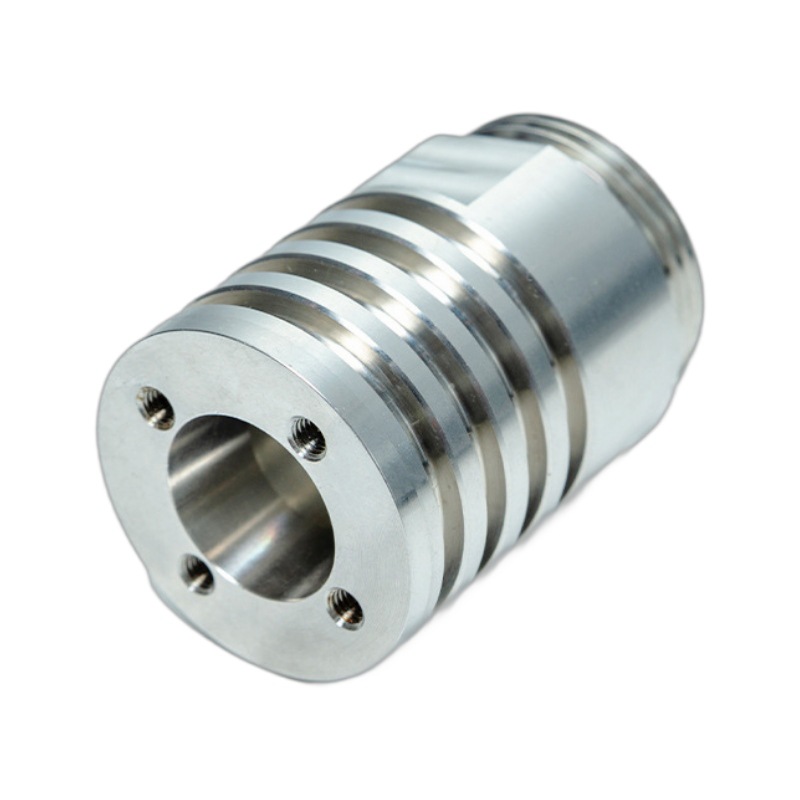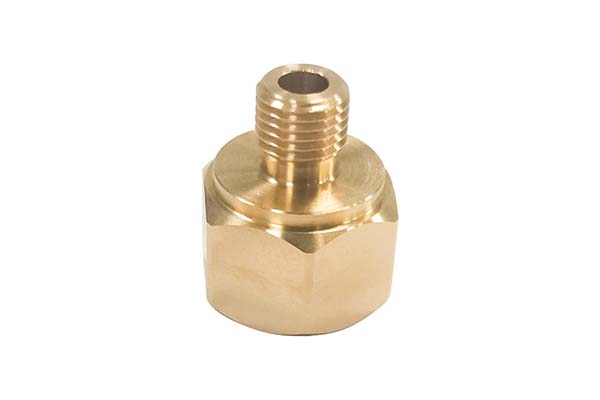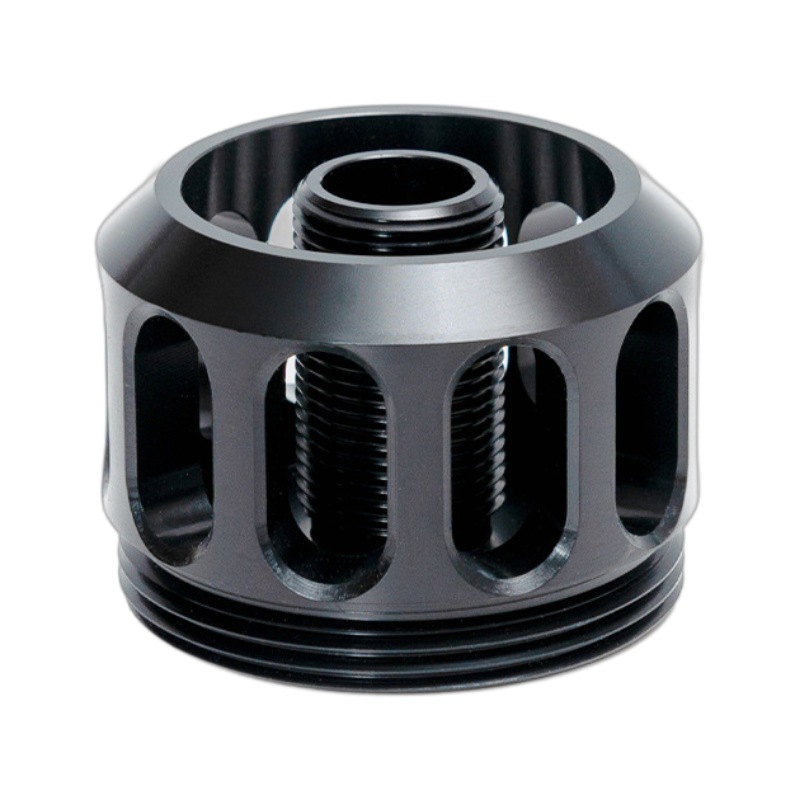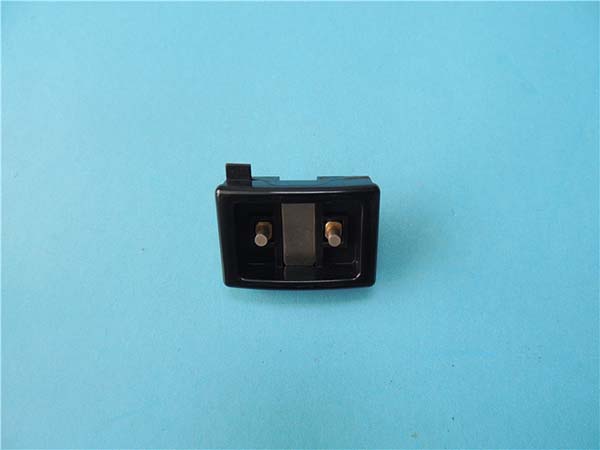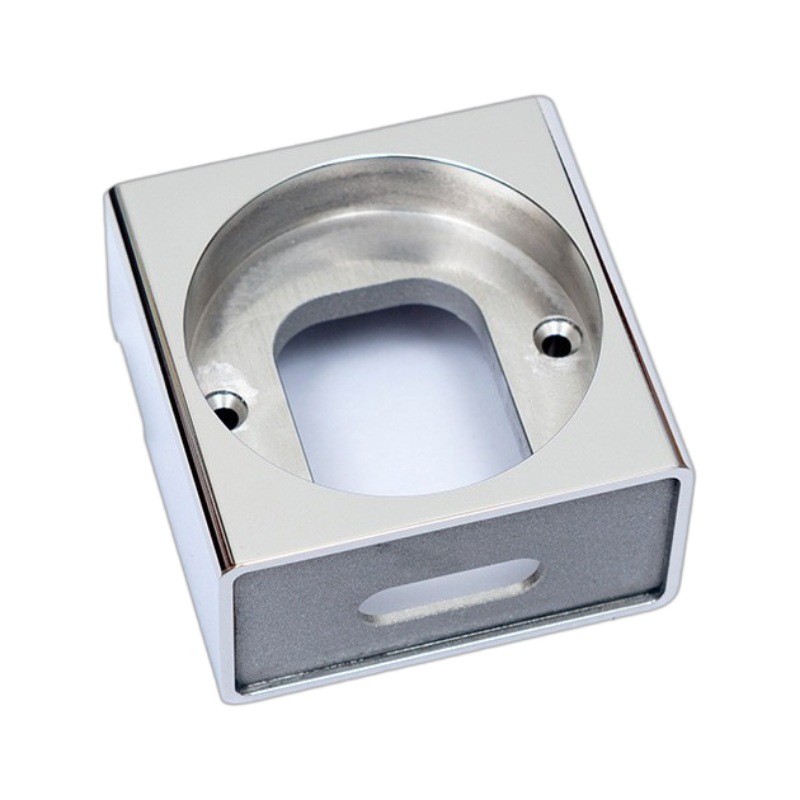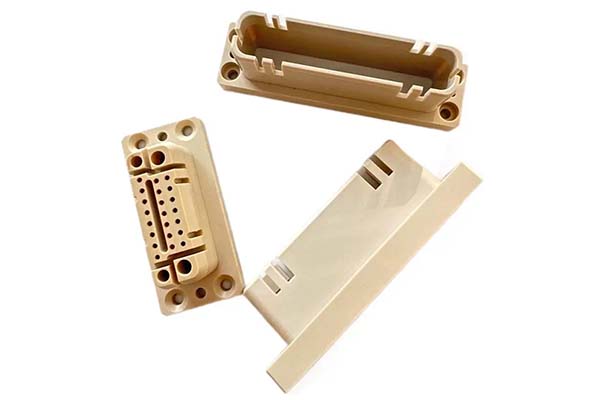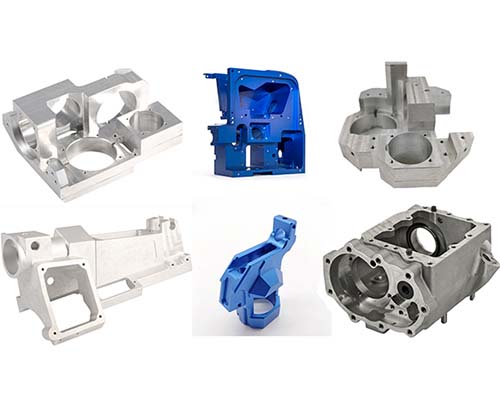1. Introduction: The Pulse of Precision in Canada’s Manufacturing Heartbeat
Canada’s CNC machining industry stands as a testament to the nation’s blend of technological innovation, engineering expertise, and industrial resilience. As a global hub for precision manufacturing, Canada caters to high-stakes sectors like aerospace, medical devices, and automotive, leveraging advanced CNC technologies to transform complex designs into mission-critical components. Yigu Technology explores the multifaceted landscape of CNC machining in Canada, dissecting its industrial ecosystems, technological edge, and strategic advantages. By integrating statistical insights, case studies, and comparative analysis, we uncover how Canada has emerged as a trusted partner for precision manufacturing worldwide.
3. Competitive Advantages: Why Canada Leads in Precision
3.1. Expertise in Challenging Materials
Canadian CNC machining shops have carved a niche for themselves by demonstrating unrivaled expertise in working with challenging materials. This proficiency is particularly crucial in advanced industries such as aerospace and medical devices, where the performance and reliability of components are non - negotiable.
In the aerospace sector, materials like titanium (Ti - 6Al - 4V), Inconel 718, and carbon - fiber composites are the norm. These materials offer exceptional strength - to - weight ratios and heat resistance, but they also pose significant machining challenges. Canadian shops have risen to the occasion, employing advanced techniques such as cryogenic cooling and ultrasonic vibration. For Yigu Technology instance, when manufacturing jet engine components, companies like those supplying to Pratt & Whitney Canada can achieve surface finishes as low as Ra 0.2μm on turbine blades. This level of precision not only enhances the aerodynamic efficiency of the engines but also significantly extends their service life.
| Material | Industry | Machining Challenge | Solution in Canada | Result |
| Titanium (Ti - 6Al - 4V) | Aerospace | High strength, low thermal conductivity leading to tool wear | Cryogenic cooling | Reduced tool wear, Ra 0.2μm surface finish on turbine blades |
| Inconel 718 | Aerospace | High hardness and work - hardening tendency | Ultrasonic vibration | Improved chip evacuation, better surface finish |
| Carbon - fiber composites | Aerospace | Fiber - matrix delamination | Specialized cutting tools and strategies | Precise shaping without delamination |
In the medical device industry, the focus is on materials that are biocompatible and can be precision - machined to exacting standards. Cobalt - chromium and Nitinol (shape - memory alloy) are prime examples. Canadian manufacturers are able to precision - machine these materials into orthopedic implants with an astonishing ±0.005mm thread accuracy. This level of precision is essential for ensuring a proper fit within the human body, minimizing the risk of implant failure and enhancing patient outcomes. Moreover, all these processes are carried out in strict accordance with ISO 13485 standards, which guarantee the biocompatibility and safety of the final products.
3.2. Innovation and R&D Leadership
Canada's position as a leader in CNC machining is further solidified by its commitment to innovation and research and development (R&D). The government, through initiatives like the [Specific Initiative Name, if available], and partnerships with institutions such as the National Research Council (NRC), have created an ecosystem that fosters technological leapfrogging.
One of the most notable areas of innovation is hybrid manufacturing, where companies are combining the best of traditional CNC machining with 3D printing. Arrow Off - Road is a prime example of a company at the forefront of this trend. They have successfully combined CNC machining with 3D printing to create lightweight aluminum brackets for off - road vehicles. This approach not only reduces material waste by a staggering 50% but also maintains a remarkable ±0.02mm dimensional control. By integrating these two manufacturing techniques, Arrow Off - Road has been able to produce components that are both cost - effective and high - performance, meeting the demands of the off - road vehicle market.
Another area where Canadian CNC shops are making significant strides is in AI - powered optimization. By leveraging machine learning algorithms, these shops can analyze over 10,000 real - time data points during the machining process. This data - driven approach allows them to optimize toolpaths, minimizing chatter and reducing cycle times. In the machining of high - hardness materials, such as 55 HRC tool steel, this has resulted in a 20% reduction in cycle times. This not only increases productivity but also improves the quality of the final product, as reduced chatter leads to a better surface finish and more accurate dimensions.
3.3. Regulatory Compliance and Quality Assurance
In an era of global supply chains and high - stakes industries, regulatory compliance and quality assurance are non - negotiable. Canada's CNC machining industry has embraced this reality, and its rigorous certification landscape has earned it global trust.
In the aerospace industry, the AS9100D certification is the gold standard for suppliers to industry giants like Boeing and Airbus. Facilities such as Winnipeg's StandardAero have not only achieved this certification but have also managed to achieve an impressive 99.8% on - time delivery for critical engine components. This high level of compliance and reliability is a testament to Canada's commitment to quality in aerospace manufacturing.
| Industry | Certification | Compliance Benefit | Example in Canada |
| Aerospace | AS9100D | Trust from major aerospace OEMs, access to global supply chains | StandardAero in Winnipeg: 99.8% on - time delivery for engine components |
| Medical Devices | ISO 13485 | Assurance of biocompatibility and product safety, access to international markets | Dennova Technologies in Vancouver: Zero defect rates for cranial implants |
In the medical device industry, ISO 13485 - compliant manufacturers, such as Vancouver's Dennova Technologies Yigu Technology, are setting the bar high. These companies implement 100% traceability from the raw material stage to the final inspection. This means that every step of the manufacturing process can be tracked, ensuring that any potential issues can be quickly identified and resolved. As a result, Dennova Technologies has been able to achieve zero defect rates for cranial implants, a remarkable feat that underscores Canada's commitment to quality in medical device manufacturing.
6. Choosing a Canadian CNC Partner: Key Considerations
Selecting the right CNC machining partner in Canada is a strategic decision that can significantly impact the success of your project. Here are some crucial factors to consider:
6.1 Technical Depth
When evaluating potential partners, it's essential to assess their expertise in handling the materials relevant to your project. For Yigu Technology example, if you're in the aerospace industry, a partner with in - depth knowledge of machining tungsten carbide is invaluable. Tungsten carbide is a hard and dense material, often used in aerospace components such as turbine engine nozzles due to its high - temperature resistance and wear - resistance properties. Machining tungsten carbide requires specialized tools, such as diamond - coated end mills, and precise control over cutting parameters to avoid cracking or chipping.
Certifications also serve as a testament to a company's technical capabilities and commitment to quality. The AS9100D certification, for instance, is specifically designed for the aerospace and defense industries. It covers a wide range of quality management system requirements, including design control, production planning, and product traceability. A CNC machining shop with AS9100D certification has demonstrated its ability to meet the stringent quality standards set by major aerospace original equipment manufacturers (OEMs). Similarly, the ISO 13485 certification is crucial for the medical device industry, ensuring that the manufacturer follows strict quality management practices to produce safe and effective medical products.
6.2 Scalability
Scalability is another critical aspect when choosing a CNC machining partner. Your partner should be able to seamlessly transition from prototyping to mass production as your project evolves. Companies like Arrow Off - Road have mastered this art. They offer a 24 - hour turnaround for prototyping, allowing you to quickly test and refine your designs. This rapid prototyping service is invaluable for startups and companies with tight development schedules.
When it comes to mass production, Arrow Off - Road can handle volumes of 50,000+ parts per month. This scalability not only ensures that your production needs are met but also provides cost - savings through economies of scale. For example, as the production volume increases, the per - unit cost of machining can decrease due to factors such as reduced setup time per part and bulk purchasing discounts on raw materials.
| Production Phase | Arrow Off - Road's Capability | Benefit |
| Prototyping | 24 - hour turnaround | Quick design validation and iteration |
| Mass Production | 50,000+ parts/month | Cost - effective production, meeting high - volume demands |
6.3 Innovation Collaboration
Partnering with a CNC machining company that has an in - house engineering team can bring significant advantages. These teams can provide design - for - manufacturing (DFM) support, which is the process of optimizing a product design to make it more manufacturable. For example, Dennova Technologies' in - house engineering team can analyze your design and suggest modifications that can reduce the number of machining operations, improve part quality, and lower production costs.
Studies have shown that companies that collaborate with their machining partners on DFM can reduce design iterations by up to 40%. This reduction in design iterations not only saves time but also reduces costs associated with re - engineering and remanufacturing. Additionally, an in - house engineering team can offer valuable insights into the latest machining technologies and materials, helping you stay ahead of the competition.
7. Conclusion: Canada’s Enduring Edge in Precision Manufacturing
Canada’s CNC machining landscape is a symphony of technology, talent, and strategic vision, positioning it as a global leader in precision engineering. From the frozen tundras of Northern Ontario to the tech hubs of Vancouver, the nation’s manufacturers blend cutting - edge innovation with uncompromising quality, serving industries where precision is not just a requirement but a matter of life and death.
The Canadian CNC machining industry's expertise in handling challenging materials, commitment to innovation and R&D, and strict regulatory compliance have set a high standard in the global manufacturing arena. This is further complemented by a workforce that is not only highly skilled but also adaptable to the ever - evolving technological landscape.
As global demands for complex, high - tolerance components continue to rise, Canada’s commitment to excellence ensures it remains a trusted partner in the ever - evolving world of advanced manufacturing. Whether it's manufacturing life - saving medical implants or state - of - the - art aerospace components, Canadian CNC machining companies are well - equipped to meet the challenges of the future.
FAQ
Q1: What industries in Canada most commonly use CNC machining?
A1: The aerospace, medical device, and automotive industries in Canada are among the most prominent users of CNC machining. In aerospace, it's used for manufacturing critical engine components and airframe parts. The medical device industry relies on it for producing high - precision implants and surgical instruments. The automotive sector uses CNC machining for fabricating engine parts, transmission components, and custom - designed automotive parts.
Q2: How does Canada ensure the quality of CNC - machined parts in high - risk industries like aerospace?
A2: In high - risk industries such as aerospace, Canada ensures quality through strict certifications like AS9100D. Manufacturers implement comprehensive quality management systems, conduct rigorous inspections at every production stage, and use advanced metrology tools to verify part dimensions. Additionally, there is a strong emphasis on traceability, allowing for the tracking of every component from raw material to the final product.
Q3: Can Canadian CNC machining companies handle both small - scale prototyping and large - scale production?
A3: Yes, many Canadian CNC machining companies are equipped to handle both small - scale prototyping and large - scale production. They offer quick turnaround times for prototyping, enabling rapid design validation. For large - scale production, they have the capacity, equipment, and workforce to handle high - volume orders, often achieving economies of scale that make mass production cost - effective.

